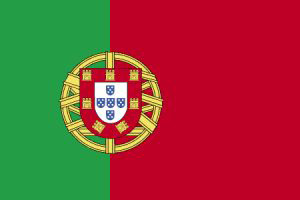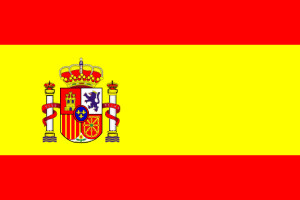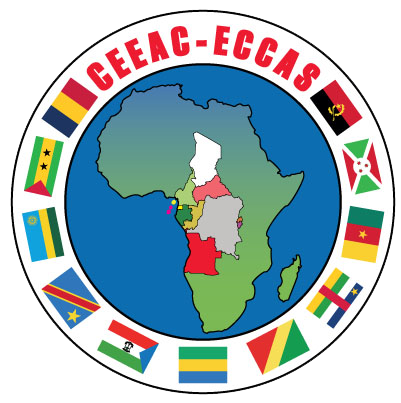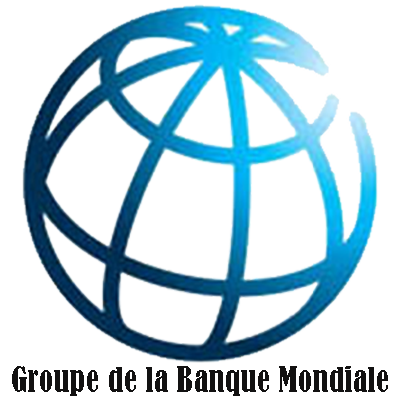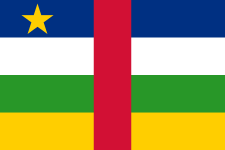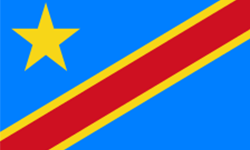OPENING OF THE SUB-REGIONAL WORKSHOP ON THE RESPONSE TO COVID-19 AT THE BORDERS OF EAC MEMBER COUNTRIES KINSHASA, DRC, 12 APRIL 2022
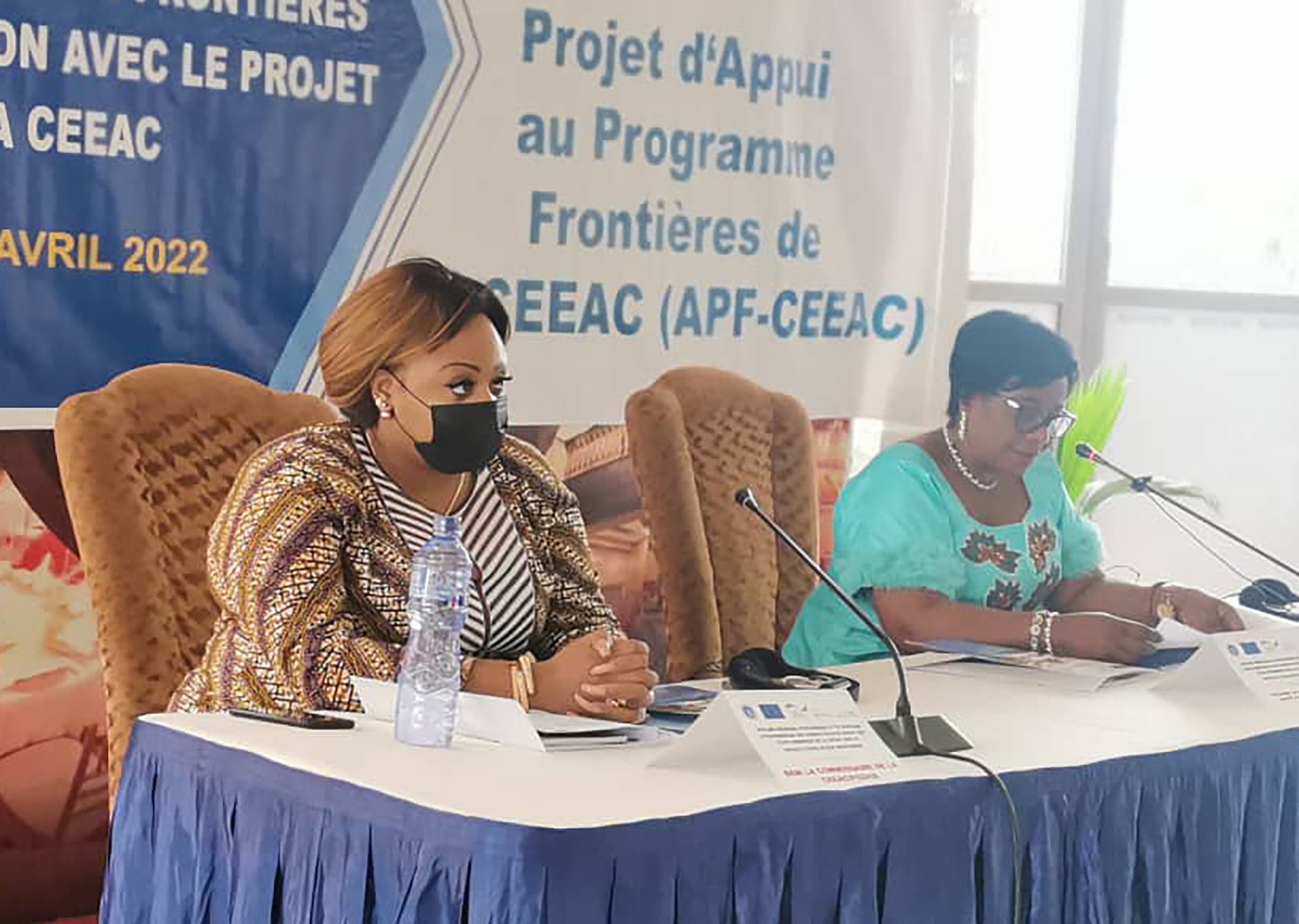
Kinshasa, 12 April 2022 - This Tuesday, a four-day workshop of health focal points of the member countries of the Economic Community of Central African States (ECCAS) with the various partners in the health field opened in Kinshasa in the Democratic Republic of Congo. This workshop, which aims to contribute to health security and the strengthening of cross-border cooperation in health matters in the Central African sub-region, was organised by ECCAS through its two projects: the Border Programme Support Project and the Project to Strengthen Regional Disease Surveillance Systems in Central Africa (REDISSE IV).
In her speech, on behalf of His Excellency Ambassador Gilberto Da Piedade VERISSIMO, President of the ECCAS Commission, Mrs. Yvette-Kapinga NGANDU, Commissioner in charge of the Department of Gender Promotion, Human and Social Development, expressed ECCAS' gratitude to His Excellency President Felix Antoine TSHISEKEDI TSHILOMBO, President of the Democratic Republic of Congo, and current President of the Economic Community of Central African States, for his leadership and commitment to the promotion of social issues, as well as to the sectoral Ministers, the Ministers of Regional Integration and Francophonie (which is the supervisory Ministry of ECCAS), as well as the Minister of Public Health, Hygiene and Prevention of the Democratic Republic of the Congo, who were involved with great enthusiasm for the success of the present meeting
The official opening of this workshop was chaired by the Vice-Minister of Public Health, Hygiene and Prevention, Mrs. Véronique KILUMBA, on behalf of the Minister Dr. Jean-Jacques MBUNGANI MBANDA, who declared that the border areas are zones of great commercial exchanges, where economic and social interactions develop spontaneously, but the context of the COVID-19 pandemic has led to the closure of international borders and the disruption of border trade, hence the reason for adding to the APF-CEEAC project, the consideration of public health issues with the aim of improving cooperation between ECCAS Member States in terms of border health; given that these States are engaged in the collective dynamics of regional integration.
He expressed confidence that at the end of four (4) days, participants will be equipped through the sharing of experience and good practices, to remove bottlenecks in the implementation of national response plans to COVID-19 and will also have to develop and validate a roadmap for the establishment of a regional electronic system for monitoring diseases at borders.
It should be recalled that the ECCAS Border Programme Support Project (APF-CEEAC), which is currently being implemented, is part of the ECCAS Institutional Reform and Capacity Building Support Programme; peace and security sector. It is co-financed by the European Union and the Federal Republic of Germany through the Federal Ministry of Foreign Affairs and implemented by GIZ.
In her speech, on behalf of His Excellency Ambassador Gilberto Da Piedade VERISSIMO, President of the ECCAS Commission, Mrs. Yvette-Kapinga NGANDU, Commissioner in charge of the Department of Gender Promotion, Human and Social Development, expressed ECCAS' gratitude to His Excellency President Felix Antoine TSHISEKEDI TSHILOMBO, President of the Democratic Republic of Congo, and current President of the Economic Community of Central African States, for his leadership and commitment to the promotion of social issues, as well as to the sectoral Ministers, the Ministers of Regional Integration and Francophonie (which is the supervisory Ministry of ECCAS), as well as the Minister of Public Health, Hygiene and Prevention of the Democratic Republic of the Congo, who were involved with great enthusiasm for the success of the present meeting

Mrs Véronique KILUMBA, the Vice-Minister of Public Health,
Hygiene and Prevention (right) and Mrs. Yvette-Kapinga NGANDU,
Hygiene and Prevention (right) and Mrs. Yvette-Kapinga NGANDU,
Commissioner in charge of the Department of Gender Promotion,
Human and Social Development of the ECCAS Commission (left) at the opening of the workshop.
The Commissioner pointed out to the participants that the efforts made in the fight against the COVID-19 pandemic had led to the lifting of restrictive measures for the free movement of people and goods within ECCAS, but she encouraged them to be doubly vigilant in view of the resurgence of cases reported in certain European and Asian countries.
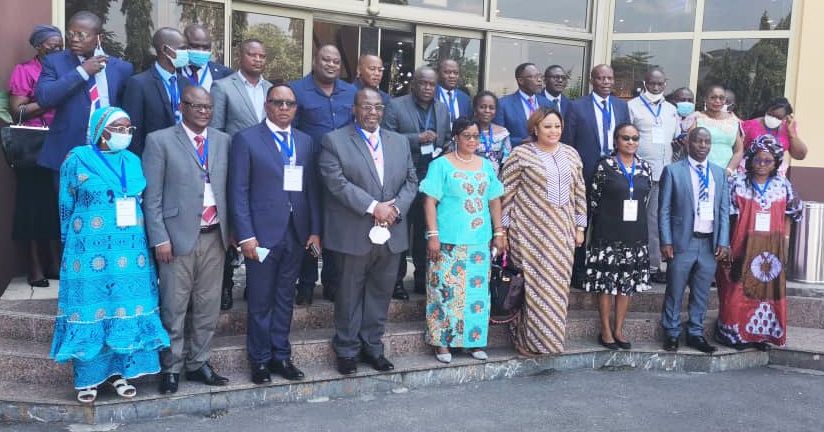
Family photo after the opening
The Commissioner recalled that vaccination against COVID-19 remains the most sustainable prevention strategy to protect populations against severe forms of the disease and to help contain this pandemic. It is in this respect that in July 2021, the Conference of Heads of State and Government of ECCAS adopted, on the proposal of the Meeting of Ministers in charge of Health of ECCAS, the common position for the vaccination of the populations of Central Africa against COVID-19. This common position has enabled the countries of the sub-region, through various multilateral and bilateral mechanisms, to obtain supplies of vaccines, which has led to success in the fight against this disease in the ECCAS countries, she stressed.
The official opening of this workshop was chaired by the Vice-Minister of Public Health, Hygiene and Prevention, Mrs. Véronique KILUMBA, on behalf of the Minister Dr. Jean-Jacques MBUNGANI MBANDA, who declared that the border areas are zones of great commercial exchanges, where economic and social interactions develop spontaneously, but the context of the COVID-19 pandemic has led to the closure of international borders and the disruption of border trade, hence the reason for adding to the APF-CEEAC project, the consideration of public health issues with the aim of improving cooperation between ECCAS Member States in terms of border health; given that these States are engaged in the collective dynamics of regional integration.
He expressed confidence that at the end of four (4) days, participants will be equipped through the sharing of experience and good practices, to remove bottlenecks in the implementation of national response plans to COVID-19 and will also have to develop and validate a roadmap for the establishment of a regional electronic system for monitoring diseases at borders.
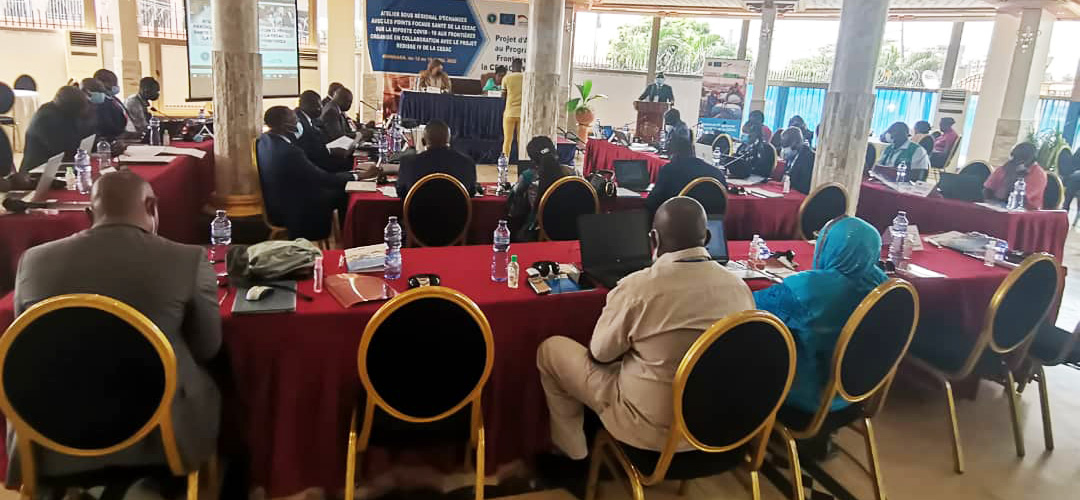
Workshop participants
During these four (4) days, the participants will be called upon to follow up on the implementation of the recommendations of the last meeting of the health focal points of the ECCAS member states; to take stock of the implementation of the national response plans to COVID-19 in 2021 and their impact on the implementation of other health programmes; analyse the difficulties linked to the implementation of COVID-19 response plans at the borders; exchange on the planning of COVID-19 activities for the year 2022; share the experiences of member states on the different existing health information platforms in the countries, etc.
It should be recalled that the ECCAS Border Programme Support Project (APF-CEEAC), which is currently being implemented, is part of the ECCAS Institutional Reform and Capacity Building Support Programme; peace and security sector. It is co-financed by the European Union and the Federal Republic of Germany through the Federal Ministry of Foreign Affairs and implemented by GIZ.
Laissez un commentaire
Votre adresse de messagerie ne sera pas publiée. Les champs obligatoires sont indiqués avec *






